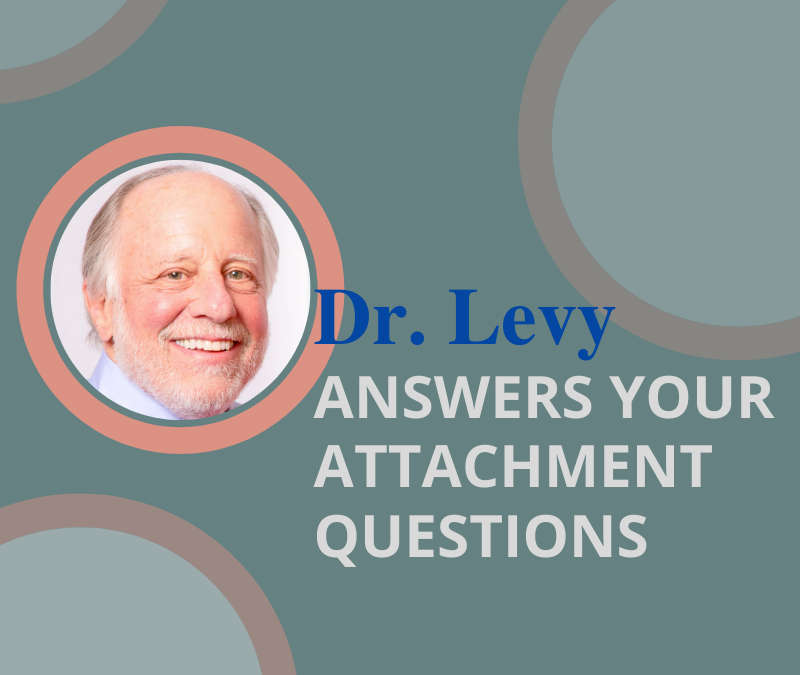Each month, Dr. Levy answers a common question he has received from professionals, caregivers and parents during three decades of pioneering work on attachment theory, treatment and training. Previously, he discussed the Seven Functions of Secure Attachment, the Dependency Paradox, the importance of talking about trauma, and the First Year Attachment Cycle. This month he answers a question about traits of happy relationships.
Question: What are some of the traits that happy and healthy couples have in common?
Answer: With more than 40 years of experience in family therapy, we have seen countless couples build happy and healthy partnerships. Here we share some of the traits these relationships share:
- They have come to terms with their past and can fully invest in the relationship.
- They are able to balance togetherness and autonomy, dependence and independence.
- They can trust and rely on one another. They are a “secure base” for each other and seek and enjoy intimacy with each other without being afraid of closeness.
- They have good communication and problem-solving skills and are respectful and constructive when talking about conflicts and disagreements. They can share thoughts and feelings in an open, honest and caring way, and listen with empathy and understanding.
- They do not become defensive, angry, critical, or aggressive when their partner shares feelings or gives feedback and each partner is able to apologize for wrongdoings.
- They share power and control and are a partnership between equals.
- They meet one another’s needs for security, support, affection and love. Partners feel safe and sheltered – mind, body and spirit.
- They both take responsibility for their part in problems and solutions: no blaming, avoiding or stonewalling. (Divorce is more common among couples who have a pattern of angry accusations followed by avoidance and emotional distance.)
- They keep the relationship alive, vital, and a priority. They spend time together, have fun and show love regularly.
- They use self-control and do not take out stress and frustration on their partner.
- They resolve problems. They work on repairing grievances and wounds, so hurts do not grow into big resentments. They forgive one another for mistakes and hurtful actions and practice self-forgiveness.
- They adapt successfully to changes and challenges, such as having children and form a united team in raising children.
- They are both comfortable with closeness.
- They do not take part in destructive dynamics. People in high-conflict marriages are 10 times more likely to have depression and other health problems.
- They share basic values, interests, and moral codes of behavior.



Trackbacks/Pingbacks